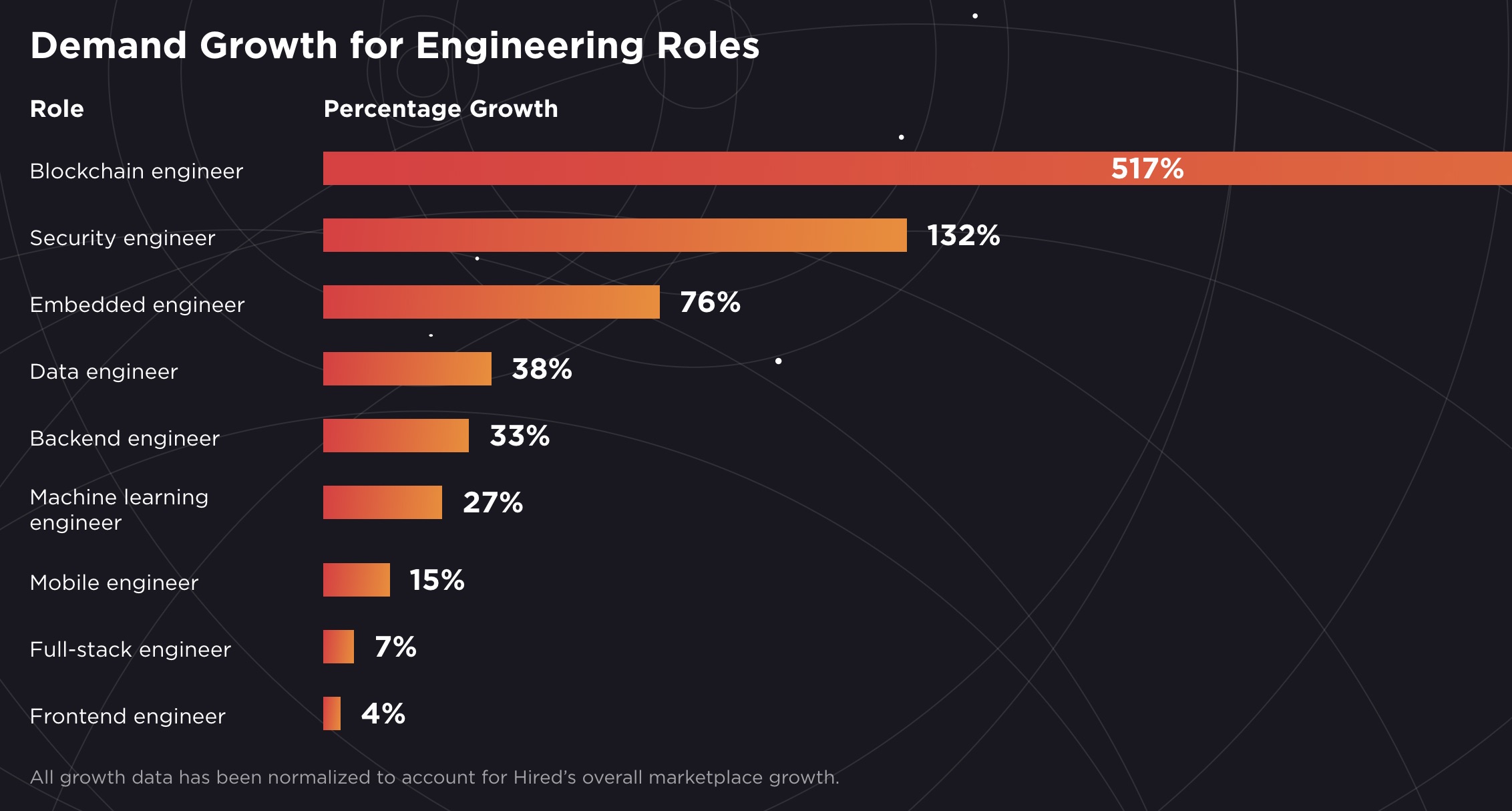NULS Releases New Tools For Blockchain Builders
Projects can harness DLT without committing most of their operational budget.

Share this article
Building on the blockchain isn’t easy, but a new set of developer tools might simplify the process for cost-sensitive businesses. NULS, an adaptive blockchain platform that specializes in providing fast-track solutions, has announced a beta release with new developer tools.
The project provides plug-and-play solutions so clients can deploy DLT features without needing a deep technical understanding of blockchain technology. The latest release, NULS 2.0 Beta, will offer an expanded suite of tools as well as additional functions for data storage and network consensus.
The NULS platform, which has its own proprietary Proof-of-Credit (PoC) consensus system, will now enable users to create applications with Byzantine Fault Tolerance (BFT) consensus mechanisms.
“There is a major barrier to entry for new blockchain developers,” said NULS Co-founder Reaper Ran. “We need to make the process easier, collaborative and efficient to really maximize the potential of the blockchain ecosystem.”
NULS has historically kept a low profile. Based in Singapore, the project has not yet developed significant traction in the English-speaking world, despite notable backers such as BlockGroup, an early-stage investor into IOST.
The NULs mainnet was scheduled to launch in May but it was subsequently postponed, as Crypto Briefing reported at the time. The alpha phase went live back in late March.
The company currently offers four functions to help blockchain developers. Clients can use the microservice layer to rapidly develop specific functions, as well as enable cross-chain communications.
There is also a Chain Factory, which can construct an entire blockchain from scratch. An out-of-the-box solution, dubbed ChainBox, allows users to build distributed applications in as little as ten minutes, with no coding required.
Cutting Back On Development Costs
It’s no secret that there simply aren’t enough blockchain engineers around. A recent report by online jobs platform Hired found that global demand for DLT developers had increased by a staggering 517% since last year, outstripping demand for any other type of software engineer.

Because of the high demand, many blockchain engineers command high salaries. In the U.S., developers are paid on average around $140,000-$150,000. Engineers can easily become the single largest expense for tech businesses, and can impact the runways for newly-launched startups.
These high salaries may have brought some otherwise promising projects to their knees. The CEO of Dispatch Labs, a blockchain-agnostic solutions provider, recently told Crypto Briefing that the company was on “life-support.” Market conditions had significantly affected operational capacity, which was already under pressure from high developer salaries.
By providing modular, plug-and-play development tools, the NULS project believes it has found a way to help companies with limited capital the opportunity to quickly develop their blockchain-based products and services.
“NULS is bridging several critical gaps to better prepare blockchain for mainstream adoption,” explained Ran. By providing tools for decentralized platforms, sophisticated smart contracts as well as interoperability between different blockchains, Ran believes they will be able to “streamline dApp development.
